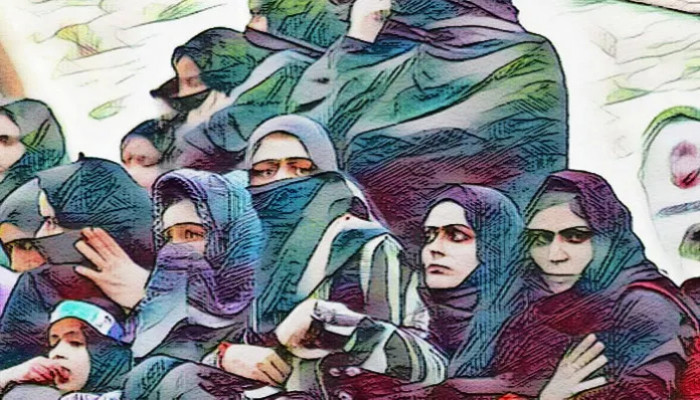‘Sharia law is the real expression of the Prophet’: Kerala Govt all set to vouch for legal and Constitutional validity of Islamic law, report suggests
- In Reports
- 05:30 PM, Dec 15, 2022
- Myind Staff
Sharia laws, which serve as the foundation for Muslim personal law, are ‘constitutionally valid’, according to the Kerala government. The Supreme Court (SC) will shortly receive an affidavit from the Pinarayi Vijayan-led Marxist administration outlining Sharia Law’s ‘constitutional legality’. The Kerala government believes that the law should be regarded as ‘the true expression of the Prophet’ and its importance should be upheld in all aspects of Muslim personal law.
As per reports, the Khuran Sunnath Society and others have recently filed a Special Leave Petition in the apex court to challenge an order passed by the Kerala High Court where it rejected the plea to declare practice followed by Muslims regarding the inheritance of Muslim women was violative to the principles of the Constitution.
However, the State government decided not to legislate on the issue after a high-level meeting of religious leaders and other stakeholders convened by the State government unanimously requested it to continue with the existing practices and procedures.
As per the report, their legal source informed the media house that the Kerala High Court rejected the plea and left the matter to the legislature for consideration and framing of the law as per the regulations. The State government then chaired a high-level meeting of the stakeholders, including the religious leaders and decided not to legislate the matter and urged the parties to continue following existing procedures and practices.
Zuhra is the president of NISA, a Kozhikode-based progressive Muslim women’s forum. In 2018, she petitioned the SC demanding equal property rights for Muslim women and another demanding a revision of Muslim marriage laws. She insisted that Muslim men consider women on par with men, women are allowed to offer prayers in all mosques in the country, and permitted to become Imams.
The State would argue before the apex court that one who belongs to the Muslim community cannot complain about discrimination on the basis of the principles recognised by Islam. If the petitioners feel that the principles of inheritance are against their understanding of Islamic law, they have the liberty to act according to their conscience. However, they cannot get their views enforced through a court of law, which is bound by the principles of classical Muslim law, the State would argue.
The government would oppose the contention of the petitioners that women are discriminated on inheritance and argue that the contention is incorrect and unsustainable, legal sources indicated.
Image source: OpIndia







Comments